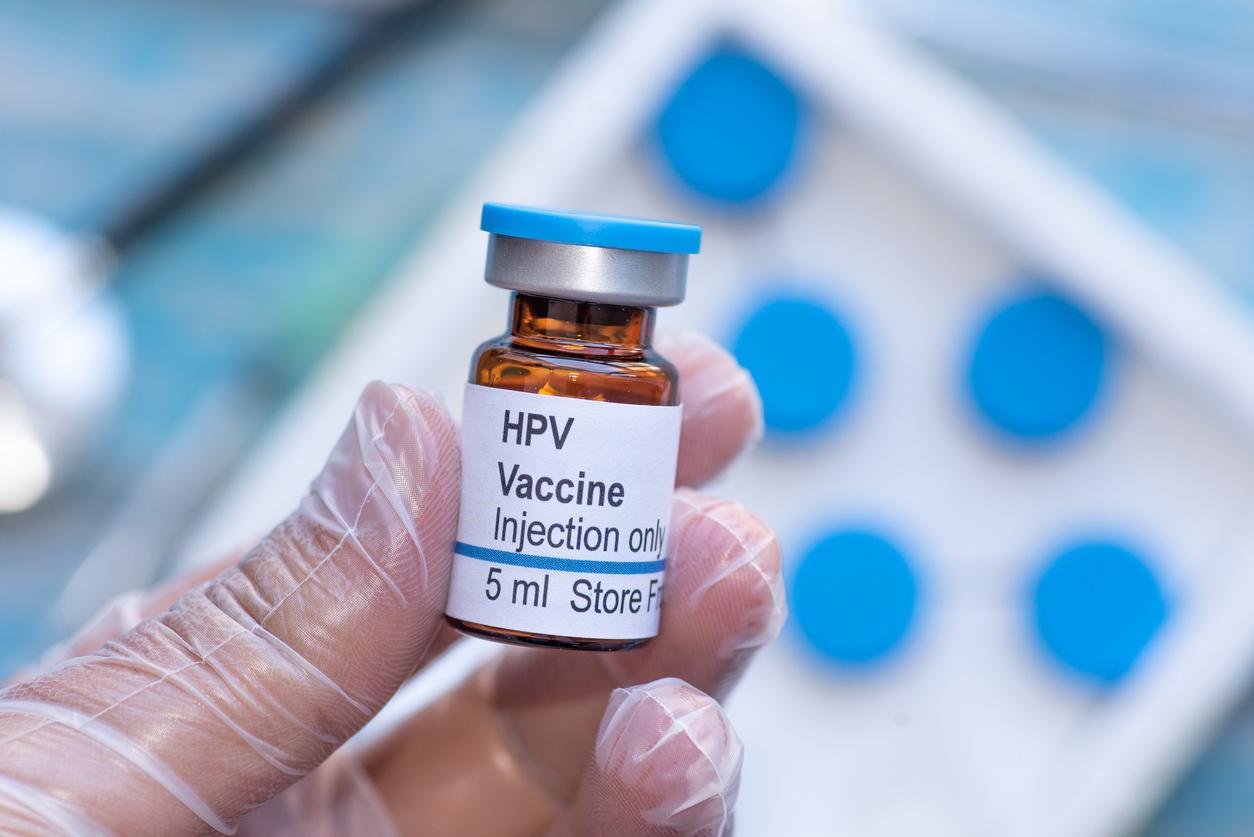Long recommended and reimbursed for children exposed to certain risk factors, that is to say those who were in community care or who had older siblings, the pneumococcal vaccine is now recommended for all children of less than 2 years. Quite simply because they will be carriers of the pneumococcus at one time or another. For most of them, this bacteria that “squats” their nasopharynx will not cause any symptoms. In others, it will cause ear infection or sinusitis. But if it passes into the blood (which happens without there being any special “provisions”), it can be responsible for much more serious infections, such as meningitis, sepsis or pneumonia. These infections are all the more difficult to treat because of the resistance of the pneumococcus to commonly used antibiotics.
Three injections
After receiving all three shots of the vaccine, your child’s risk of getting a pneumococcal infection is reduced by 97.4%. One study also showed that it reduced the number of acute otitis media. Yet many parents “give up” the pneumococcal vaccination along the way or forget the booster. An “oversight” which prompted the high health authority to recommend (and reimburse) the following vaccination scheme: three injections one month apart at 2, 3 and 4 months and a booster which was brought forward between 12 and 15 month. A Combined with other vaccines
To simplify the immunization schedule, the first injection of the pneumococcal vaccine (called Prévenar®) can be given on the same day as the pentavalent vaccine (the one that protects your baby against diphtheria, tetanus, whooping cough, polio and infections. to Haemophilus Influenzae b). And the booster can be done at 12 months at the same time as the MMR (measles-mumps-rubella) vaccine.

















